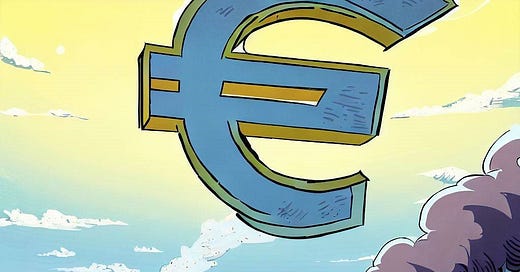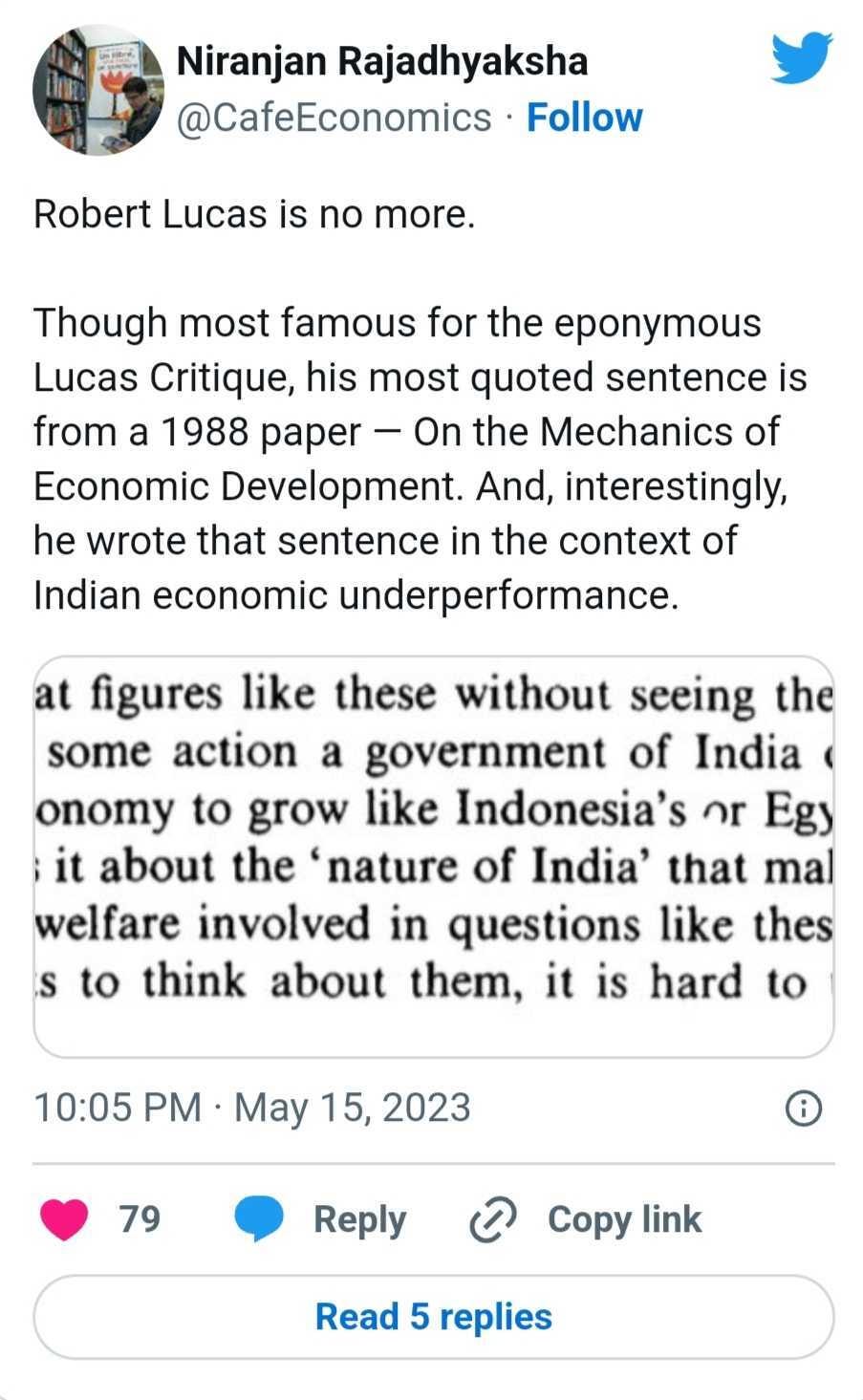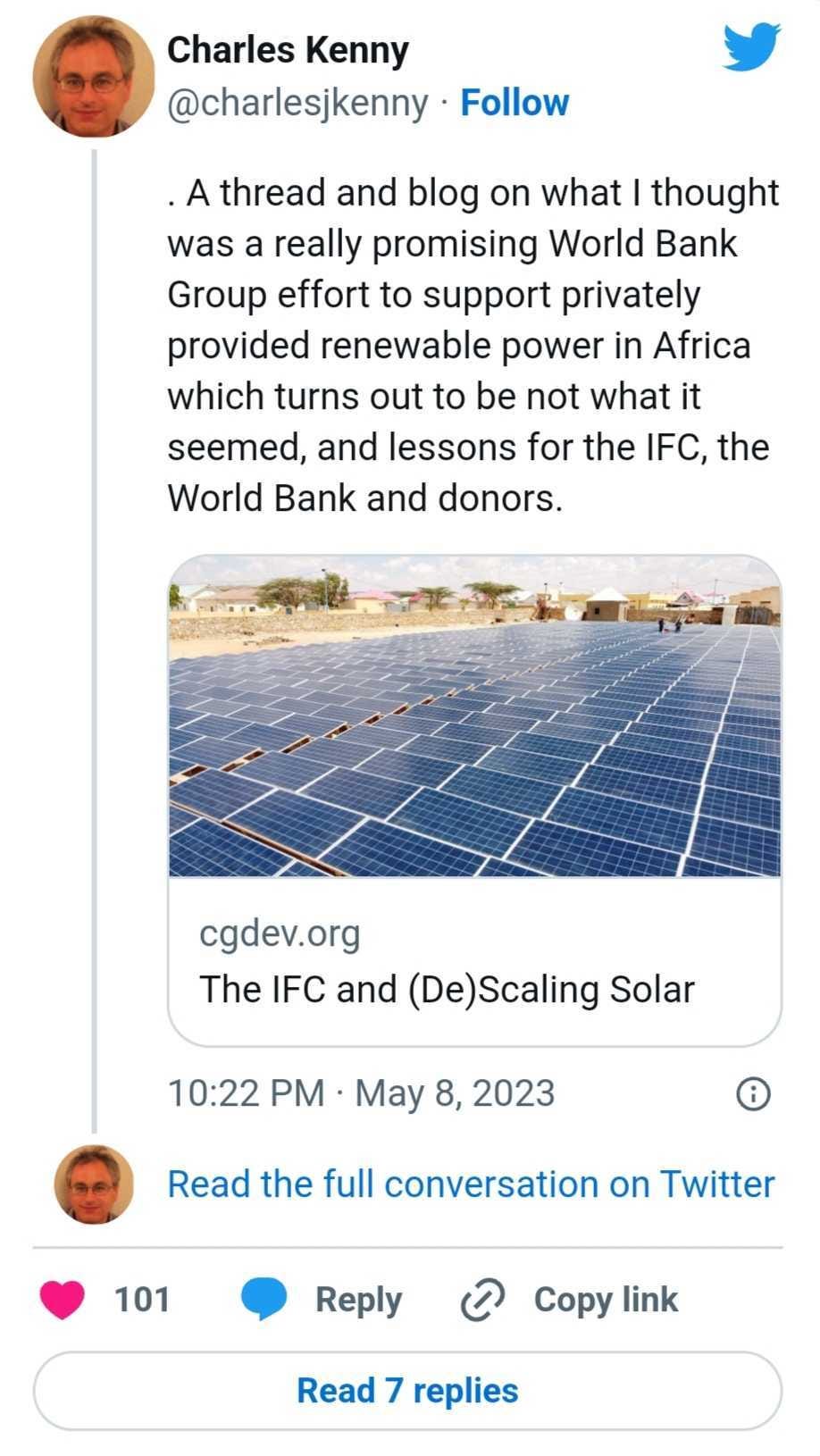The Aakhya Weekly #48 | No free (carbon) emissions
In Focus: India’s response to EU’s Carbon Tax
The EU is set to impose a carbon tax on incoming imports from 2026, and India is concerned.
The Cross Border Adjustment Mechanism (CBAM) is an attempt by the European Union (EU) to prevent ‘carbon leakage’ caused due to the EU’s own cap-and-trade Emissions Trading System (ETS), which has driven industries away from the Union by dampening the incentive to invest in greener production domestically. The EU intends the CBAM to be a ‘climate measure’ that will “reduce the risk of carbon leakage by encouraging producers in non-EU countries to green their production processes”.
The CBAM will be phased in gradually, starting with select imports (iron, steel, cement, fertiliser, aluminium, hydrogen and electricity generation) requiring emissions reporting from October 2023. From 2026 onwards, good from these sectors will have to pay the CBAM financial adjustment price reflective of the direct and indirect emissions associated with these imports, indexed 1:1 to the price discovered in the ETS.
The five sectors chosen by the EU to bear the initial brunt of the CBAM capture over half the emissions covered by the ETS. Incidentally, exports to the EU for these five sectors also amount to 27% of India’s total global exports of these products by value (amounting to $8.2 billion). While there are no exports of cement, fertilizer and electricity by India to the EU, it is estimated that the CBAM will effectuate a 20-35% tariff on India’s iron, steel, aluminium, and hydrogen exports to the Union (amounting to 1.8% of India’s total global exports by value). Simply put, India cannot transition to a majority renewables dominated generation fleet fast enough for the EU, both financially and practically. India’s all-time record electricity demand of 220 GW (recorded earlier this week) was met close to three-fourths by coal fired generation. In stark contrast, the proportion of coal fired generation in the EU hovers around 20%.
Signs of India’s discontent have been there for long to see. At the Conference of Parties (COP 27) in Sharm El Sheikh late last year, Brazil, India, China, and South Africa (or BRICS sans Russia) opposed the CBAM, alleging it could lead to market distortions and disproportionately impact developing countries.
As reported previously, India’s position on the ‘climate burden’ has been consistent. Having miniscule per capita emissions and contributing less than 4% to global cumulative CO2 emissions till date, India puts the onus of responsibility firmly on developed nations’ shoulders. While developed nations continue to fall short of their climate financing ‘promises’ (note - promises, not commitments), the CBAM will in fact provide reverse climate financing as the money will be used to finance EU’s internal climate justice goals. Finance Minister Nirmala Sitharaman, staying true to her academic roots, put it best when she remarked in April -
So, my non-green steel is okay for you as long as I pay extra. That extra is not coming for me to convert my dirty steel into green steel, good steel, whereas I am given the comfort that ‘you may export to me (EU) and I will buy the dirty steel, if you pay more. And what will I (the EU) do with that money? I will convert my dirty steel to green steel’,” she said, exposing what appears to be Europe’s hypocrisy in talking tough on climate change and yet accepting “dirty” iron, steel and aluminium for a price. “I am sorry to speak like an activist but that’s how it looks”.
Meanwhile, to assess the impact of the CBAM in detail, the government has commissioned a sectoral impact analysis. As a case at WTO is uncertain to return favourably, India as a compromise has asked the EU to carve out an exemption for its MSMEs which will be impacted once the CBAM applies to other sectors (starting 2034). The most important ask, however, is to convince the EU to recognise its carbon credit verification system currently under development for which local energy auditors will do emissions verification. In response, the EU has agreed to continued engagement with India on this topic, while underscoring the CBAM’s compatibility with the WTO and its ‘non-discriminatory nature’. How these talks progress will give us a glimpse of both India and the EU’s balancing act between their economic goals and climate justice aspirations.
Top Stories of the Week
Parliamentary panel calls on OTTs to refrain from showing obscene content
Amidst a protracted and intense debate on abusive language and adult content on over-the-top (OTT) platforms, a bipartisan parliamentary panel has reportedly asked OTT players to refrain from showing obscene content and to respect India’s cultural sensitivities. The panel has further asked the government to maintain a monthly record of complaints against OTTs and to take action against repeat defaulters.
Top executives from major OTT streaming companies such as Netflix, Amazon Prime, Disney+ Hotstar appeared before the Parliamentary Standing Committee on Communication and Technology and made depositions. Apurva Chandra, Secretary (Information & Broadcasting Ministry) also attended the meeting. OTT platform executives were also directed to submit written depositions. Committee members also asked platforms to furnish information on the revenue generated by these platforms from India and how much of it has been invested back.
Various other issues were also discussed, such as bringing OTTs under the ambit of the Cinematograph Act to weed out piracy. The government is already working on amending the Act suitably to cover internet websites, so that websites illegally uploading content for download or streaming can be identified and taken down. The panel further apprised the government of the need to appoint a nodal officer to register complaints offline and in regional languages, to ensure wider accessibility.
India pushes for increased electrification of its transport sector
India has witnessed significant developments in its electric vehicle sector this week, with a focus on ambitious electrification targets and mandates. In a bid to meet climate goals, the government think tank NITI Aayog has established yearly targets for ride-hailing apps to transition their fleets to electric vehicles by 2030-31. The aim is to have 30% of two-wheelers and 20% of four-wheelers in the fleet as EVs, while half of the three-wheeler fleet on these apps should be electric. This initiative is part of an upcoming study conducted by NITI Aayog in collaboration with Uber and Ola, covering cities such as Delhi, Kolkata, Chennai, Ahmedabad, Surat, Mumbai, Bengaluru, and Pune.
The Delhi government, too, has taken major strides to promote electrification in the state. It has announced the Motor Vehicle Aggregator Scheme 2023, which mandates the mandatory transition of commercial vehicles from conventional to electric ones. According to the policy, all new commercial two-wheelers and three-wheelers must be EVs within four years of the notification, while new commercial four-wheelers have a five-year timeframe. As the current Electric Vehicle policy for Delhi is set to expire in August, the Delhi EV Cell of the Transport Department will conduct a stakeholder consultation on May 24th for the second phase of the policy. This consultation aims to gather input from stakeholders, international sectoral experts, and academicians to share achievements, learnings, experiences, and recommendations for the development of the next phase of the policy.
Although India's EV penetration rate was only 1.1% in 2022, significantly lower than the Asian average of 17.3%, comprehensive policy-making will play a vital role in achieving the country's electrification goals.
This Week in Policy
Economy and Taxation
Retail inflation eased to an 18 month low in April, falling from 5.66% in the preceding month to 4.7%. Much of this came from a substantial cooling in food inflation, while core inflation fell below 6% for the second consecutive month.
The Government has notified amendments to the FEMA, pulling international credit cards within the $250,000 limit of RBI’s liberalised remitance regime. With the move, there shall also be a 20% ‘tax collected at source’ for international credit card swipes.
Sustainability and Energy
In a radical change in the country’s electricity market design, Ministry of Power to cap length of long term PPAs to 12-15 years instead of the prevailing 25. The move is intended to boost the share of power on India’s electricity spot market, currently sitting at a meagre 7%.
Ministry of Heavy Industries mulling random checks on electric vehicles (EVs) after recent lapses in the FAME-II scheme, where EV manufacturers claimed subsidies meant for incentivising domestic production on imported goods.
Emerging Technology and Media
MeitY is likely to create a three-member body (comprising two MeitY officials and one independent) to conduct fact-checking and verification of information pertaining to the government.
The Union Cabinet has approved the second edition of the production-linked incentive scheme (PLI 2.0) for IT hardware, with an outlay Rs. 17,000 crores.
International Trade and Foreign Affairs
Leaders and senior officials from India and the EU held a bilateral meet on the sidelines of the India-EU Trade and Technology Council (TTC) to discuss progress on the proposed FTA and emphasised on the need for expediting the process by “finding convergence on all issues”.
India has requested Japan to review its stringent technical quality regulations for specific sectors like textiles and apparel, and market access restrictions in sectors such as IT, steel, and Pharma, in Japan's trade policy review conducted by the WTO.
Healthcare
This August shall see Phase-3 trials begin for India’s first indigenous dengue vaccine, with the ICMR collaborating with the Serum Institute of India and Panacea Biotech.
The Food Safety and Standards Authority of India is evolving mandatory standards for nutritional supplements, or ‘neutraceuticals’.
Banking, Finance and Insurance
SEBI is proposing to expand the definition of qualified institutional buyer (QIB) in order to increase the potential investor base for issuers of debt securities and for further developing the debt markets and has sought public opinion on the same.
The Central Board of RBI will meet on 19th May, 2023 to consider approving dividend payment, or transfer of surplus capital from its balance sheet to the Centre, along with approving the annual report and accounts for FY23.
Lenders have sought a one-year extension from the RBI for the implementation of the Expected Credit Loss (ECL)-based loan loss provisioning framework.
Retail, E-commerce and FMCG
The Indian government's open e-commerce network, ONDC has expanded its operations into 236 cities in the country while adding more than 36,000 merchants on the platform.
The government is working on an ecommerce policy and rules for the sector under the Consumer Protection Act, ensuring that they are consistent with eachother.
Logistics and Infrastructure
Indonesia’s government has been in talks with Indian infrastructure firms to develop several key projects in the Southeast Asian nation, including new port infrastructure in West Sumatra province.
The construction of India’s first elevated 8-lane access control road, Dwarka Expressway, spanning 29.6 kilometers and costing ₹9,000 crore, is scheduled to be complete by April 2024, according to Road Transport and Highways minister, Nitin Gadkari.
Tracking the G20
3rd Energy Transitions Working Group meeting successfully concluded in Mumbai this week, holding events emphasising crucial aspects of India’s and the broader G20’s energy agenda, such as a workshop on mobilising low-cost international finance and seminars on just transition as well as offshore wind, among others. In addition, the 2nd Culture Working Group (CWG) meeting in Bhubaneswar also drew to a close, where the focus was on promotion of cultural and creative industries and creative economy, and leveraging digital technologies for protection and promotion of culture
Upcoming Events
14th Annual Clinical Trial Summit 2023
23 May, 2023 | Mumbai
Nishith Desai Associates is organizing a Discussion with Experts: Areas where regulatory changes would help in the betterment of clinical trials in India on 23rd of May, 2023 in Mumbai. More Information
Roundtable Discussion on Data Privacy Law
23 May, 2023 | Virtual
Global Legal Confex is organizing a virtual roundtable discussion on data privacy law on 23rd May, 2023 at 12 p.m. The session shall provide valuable insights from industry experts as they delve into modern data protection, privacy regulations, and the convergence of data security, governance, and privacy. More Information
A Few Good Reads
Overwhelmed by the complexity of Pakistan’s current politics? Check out this series of explainers by Sushant Sareen on the crisis.
We will live in times that are both, more exciting and more dangerous than those that have come before. The luxury of quietude is not available to us, writes Walter Russell Mead.
After a six month-long vacancy, Ravneet Kaur has been appointed the chairperson to the Competition Commission of India. Her path ahead will be littered with obstacles, however, writes Vanita Bhatnagar.
Check out The Economist for Henry Kissinger’s prescriptions on avoiding a third World War.
Is India inexorably heading towards economic dominance? Is it collapsing under the strain of its failures? Are both true? John Reed reviews three important recent books that fill out this picture, often taking diametrically opposite stances.
Tweets of the Week
Amidst unending news on ratcheting India-China hostilities, here’s a story of humanity and cooperation between the two countries:
As we mourn the death of Robert Lucas Jr., a tall figure in the worlds of economics and public policy, here’s a question he asked that has, to some extent, found an answer:
What can we learn from attempts to bring solar energy to Africa? Charles Kenny writes:
Key Notifications and Reports
NITI Aayog has released a report on the role of small, modular nuclear reactors in the energy transition.
The International Renewable Energy Agency (IRENA), in partnership with the Indian G20 Presidency, launched a report on how low-cost finance can accelerate the energy transition.
The Central Electricity Authority, Ministry of Power, released a report on the optimal generation mix for 2030.







